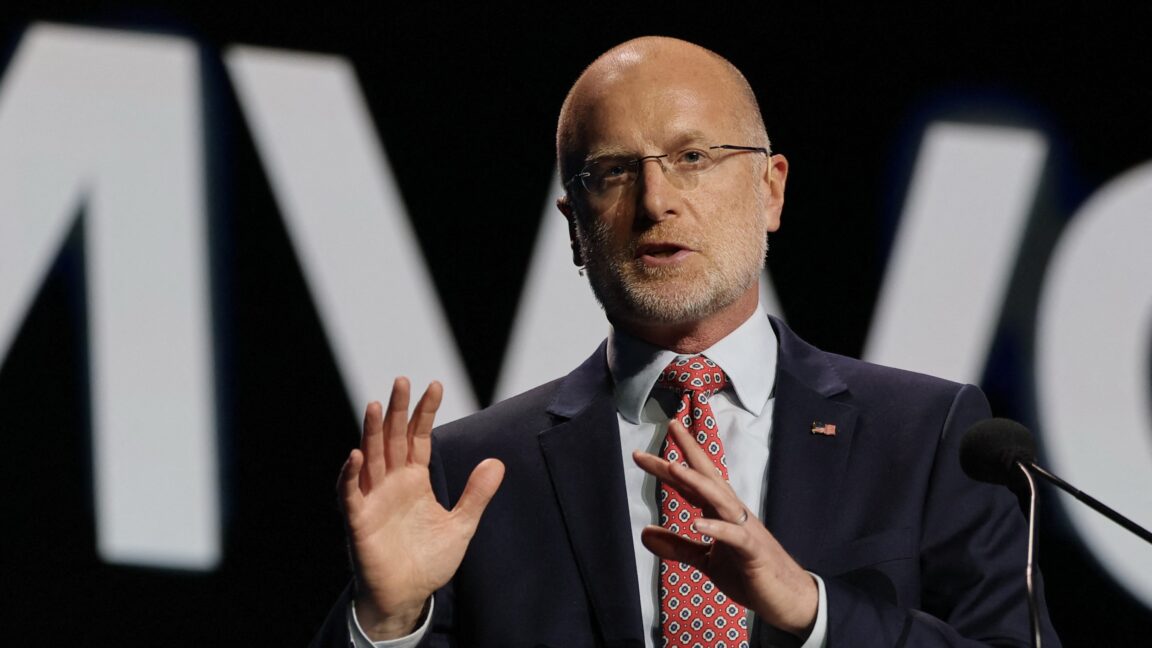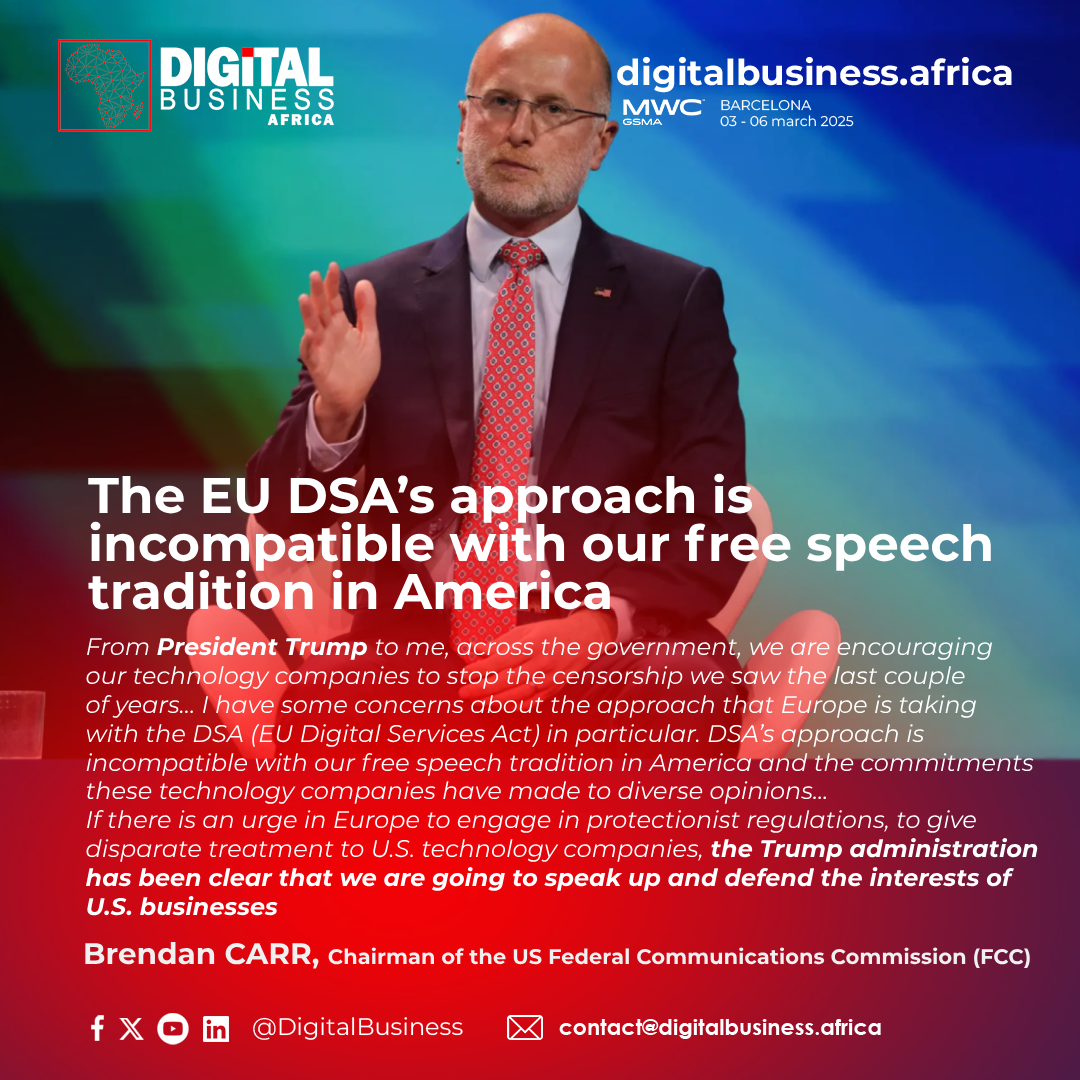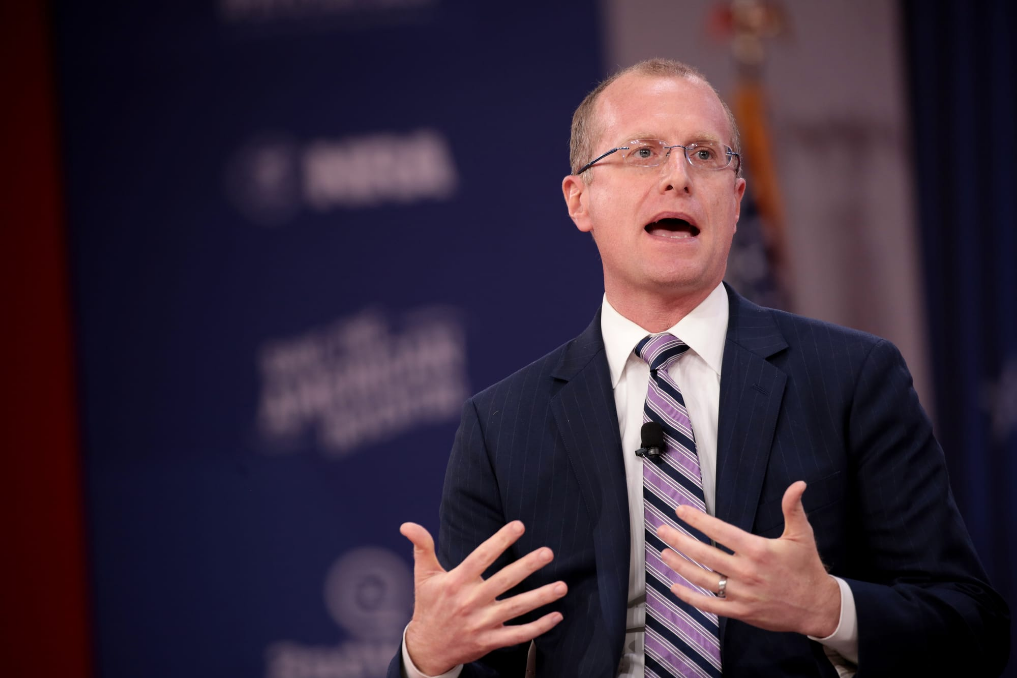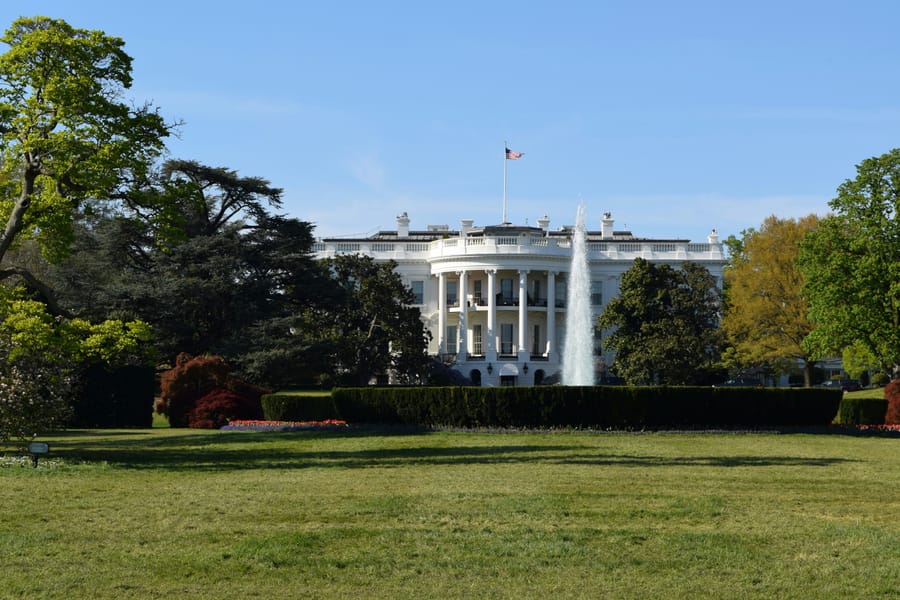Brendan Carr, Chairman of the U.S. Federal Communications Commission (FCC), delivered a sharp critique of the European Union’s digital regulation, particularly the Digital Services Act (DSA), during a speech at the Mobile World Congress in Barcelona on 3 March 2025. Carr accused the DSA of restricting free speech, asserting that the European approach represents excessive regulation and is incompatible with American values. He referenced a directive from President Donald Trump on 21 February, which urges action against what he described as overseas coercion of U.S. tech companies by Europe.
The FCC Chairman argued that the DSA could usher in a new form of censorship and described the operating environment for significant tech companies in Europe as concerning. "The potential censorship arising from the DSA is incompatible with both the American tradition of free speech and the commitments these technology companies have made to diversity of opinion," Carr stated at the conference. He also revealed that he had engaged with U.S. tech companies subject to the DSA to develop a strategy to help them avoid hefty fines while upholding American free speech principles. The Trump administration has clarified that it will intervene on behalf of U.S. companies if Europe imposes protectionist regulations on them.
Domestically, the FCC Chairman has launched a significant deregulation programme, including a "Delete, Delete, Delete" initiative to abolish as many regulations as possible. On 20 March 2025, the FCC introduced four significant changes, including a provision clarifying that telecommunications companies can decommission copper networks without performance tests, provided they cite "the totality of circumstances" during an appropriate substitution test. According to Harold Feld, Vice President of the consumer advocacy group Public Knowledge, this change, combined with eliminating most remaining notification requirements, means "there’s no need to worry about evidence. Just say ‘the totality of circumstances,’ and by the time anyone who cares figures it out, the request will already be approved." Additionally, at the request of the USTelecom lobby, the FCC permitted service providers to no longer offer standalone voice services, requiring them to bundle them with broadband internet, even though such bundles are more expensive for consumers who only want telephone services.
Sources:
1.

2.

3.











